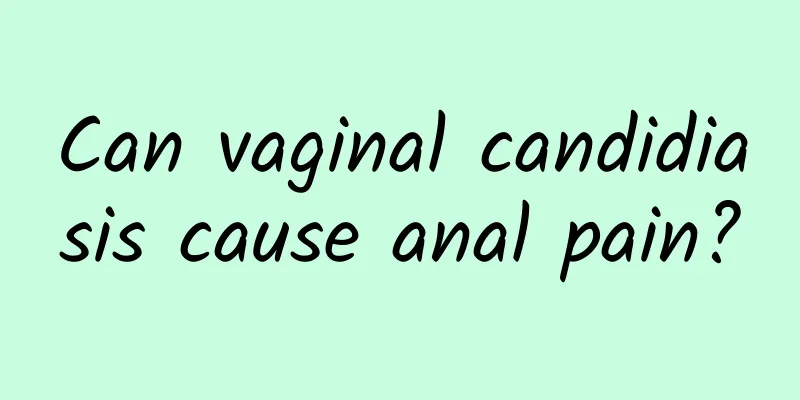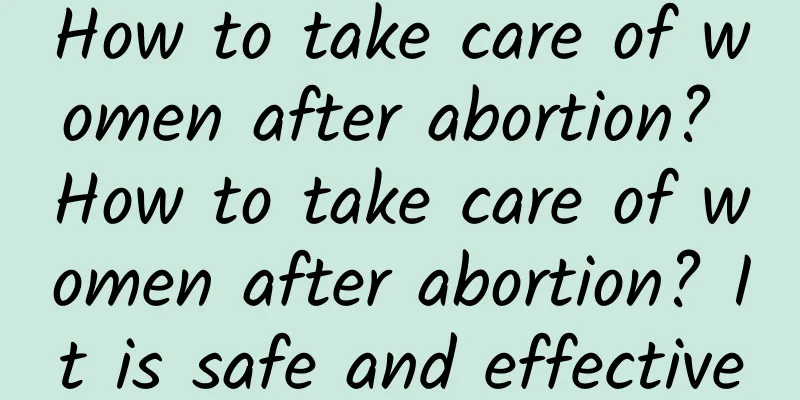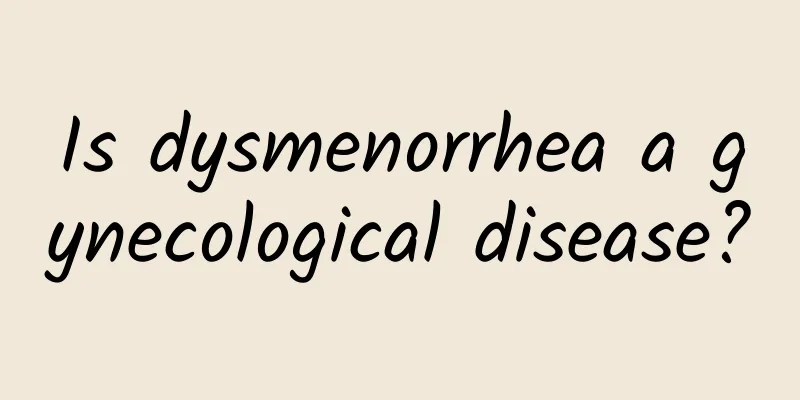Can vaginal candidiasis cause anal pain?

|
Candidiasis usually refers to vulvovaginal candidiasis. If treated promptly, it generally does not cause anal pain, but if not treated promptly, it may cause anal pain. 1. No: Vulvovaginal candidiasis is usually caused by Candida infection, which is usually related to personal carelessness, decreased immunity, long-term use of antibiotics, etc. It usually causes vulvar itching, vaginal burning sensation, accompanied by tofu-like secretions, etc. If clotrimazole suppositories, miconazole suppositories, nystatin suppositories and other drugs are used in time for treatment under the guidance of a doctor to eliminate inflammation, it generally does not cause anal pain. 2. Yes: However, if it is not effectively treated for a long time, it will lead to increased vaginal secretions and long-term irritation to the vulva and anus, which may cause anal eczema and anal pain. If you have vulvovaginal candidiasis, you need to go to the hospital for examination and treatment in time to reduce the occurrence of complications. During the treatment, you should pay attention to personal hygiene and try not to wear tight underwear. |
<<: Is it more painful to have a medical abortion or a surgical abortion?
>>: Can vaginal candidiasis cause anal pain?
Recommend
Infants and young children grow taller quickly by grasping the two golden periods! Nutritionist: Pay attention to the big difference between drinking milk and diet
A tall building starts from the ground. If you wa...
Trends in age at menopause
In recent years, the age of menarche has tended t...
What are some ways to prevent cervicitis?
The symptoms of cervicitis mainly include increas...
What medicine can I take for uterine fibroids? What Chinese medicine can I take to eliminate uterine fibroids?
Uterine fibroids are common benign tumors in gyne...
Introduction to the causes of vulvar leukoplakia that female friends should know
The cause of vulvar leukoplakia is a matter of gr...
Will eating too much oatmeal lead to weight gain?
Oats are a popular health food and are considered...
What does the MRI result of uterine fibroids mean? What is the result of MRI of uterine fibroids?
What does the MRI result of uterine fibroids mean...
Common Western medicine treatments for acute adnexitis
What are the Western medicine treatments for acut...
Why do women have abnormal leucorrhea and pain in their lower abdomen and waist?
The belly usually refers to the lower abdomen. If...
What are the clinical manifestations of chronic cervicitis? Can I get HPV vaccine if I have chronic cervicitis?
Chronic cervicitis is a gynecological disease, an...
Can amenorrhea in girls be treated?
Can amenorrhea in girls be treated? For example, ...
How to treat threatened abortion in early pregnancy
Threatened miscarriage in early pregnancy is a ve...
A brief introduction to three types of ovarian cyst surgery
Generally speaking, ovarian cysts are usually tre...
Applying Chinese medicine to the navel can effectively relieve dysmenorrhea
The navel is called the Shenque point in traditio...
Can I go back to work without resting after having an abortion?
Can I go back to work without resting after havin...









